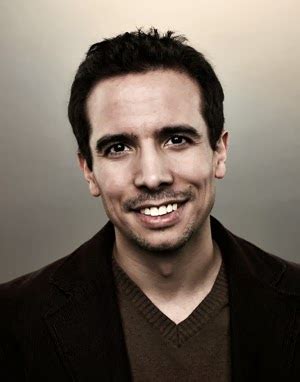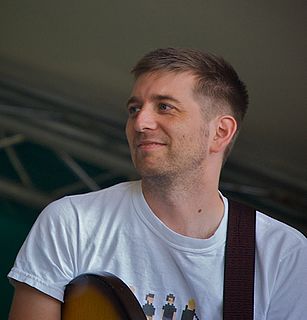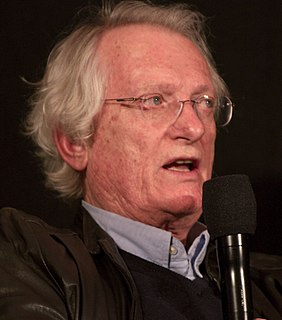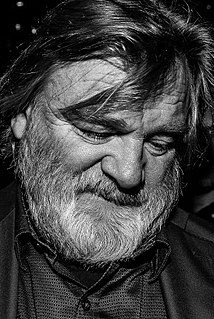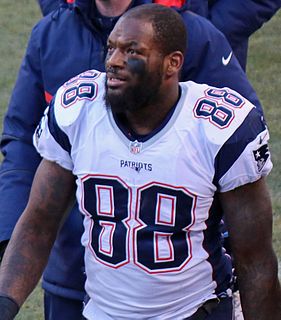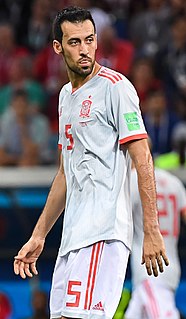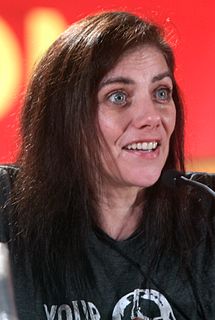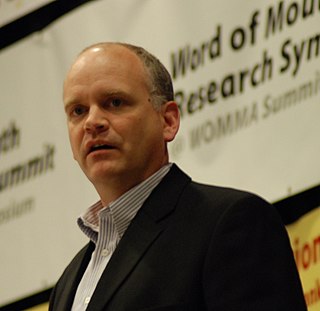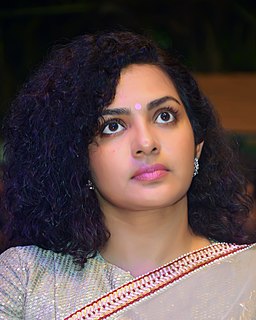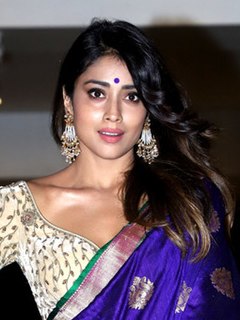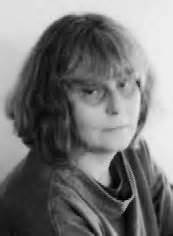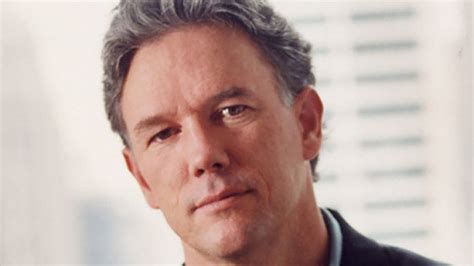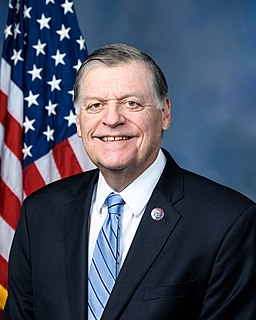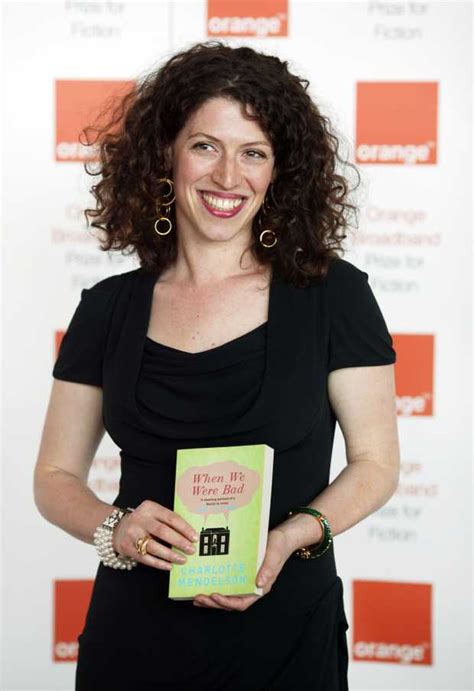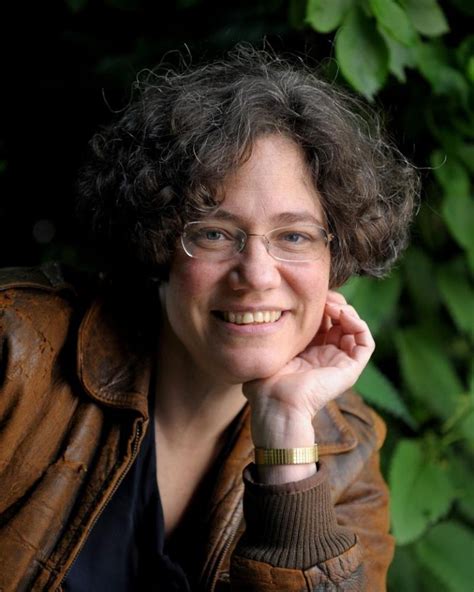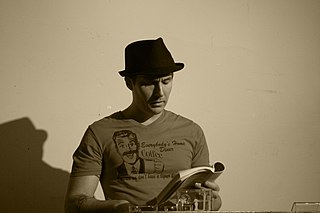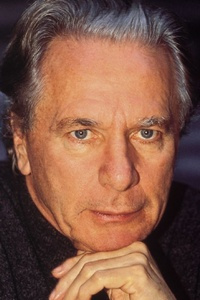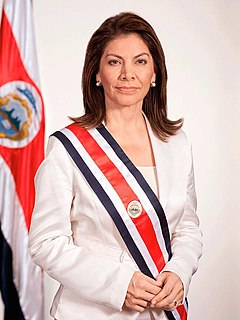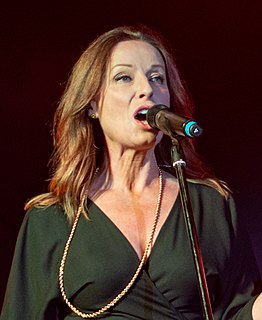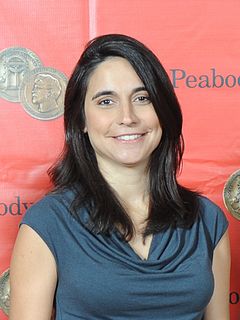Top 136 Protagonists Quotes & Sayings - Page 2
Explore popular Protagonists quotes.
Last updated on November 8, 2024.
Tunisia's responsibility, and especially that of its political and intellectual elites, is enormous. All the protagonists of the nation's social, cultural, economic and political life must work to overcome useless and counterproductive polarisation, and to find solutions to domestic, regional and international problems.
I'm more comfortable writing traditional protagonists. But 'Steve Jobs' and 'The Social Network' have antiheroes. I like to write antiheroes as if they're making their case to God about why they should be allowed into heaven. I have to find something in that character that is like me and write to that.
In the history of enterprise, most of the protagonists of major new products and companies began their education - not in the classroom, where the old ways are taught, but in the factories and labs where new ways are wrought ... nothing has been so rare in recent years as an Ivy League graduate who has made a significant innovation in American enterprise.
Every manager is different in one way or another, but what stays the same is coaching Barcelona players - players who want the ball, who want to be protagonists on the field - so each manager who's been here has been able to take advantage of that, and, luckily, I feel we've become more complete because of it.
In Hollywood, an Angelina Jolie is paid a fee that is probably at par with her male colleagues, but we can't expect the same here in India. Universally, films have meatier roles for men. Most films are about male protagonists and their histrionics on screen; women are signed up for song sequences and to up the glam quotient.
We knew the Syrian situation was complex and there were lots of divisions, particularly on the side of the opposition... This is a tough job... It can perhaps be done if you stand united and work with me in putting sustained pressure on the protagonists or the parties to come together and seek a political settlement.
In general, I've found female protagonists more intriguing to work with than males. I cherish women and have always preferred their company, reveling in their perfumes, their contours, their finer-grained sensibilities, lunar intuitions, nurturing instincts and relatively unfettered emotions--although I'm certainly not unaware that there are plenty of neurotic, uptight, stupid women in the world.
Show me a novelist – or, indeed, a reader – who wasn’t a socially awkward, self-conscious adolescent, prone to clumsiness and excessive reading and I’ll… well, I’ll probably bang my shoulder on the door frame as I storm out. Many of the most unforgettable female fictional protagonists are gauche, self-doubting, plain and think too much.
Shamefulness is always a huge part of my characterizations. I like protagonists that reveal, either through "honesty" in their various thought processes or via their actions, perhaps telling us things they're not so keen on disclosing through their interactions with the outside world. Probably both during the duration of a novel.
The Internet is the hope of an integrated world without frontiers, a common world without controlling owners, a world of opportunities and equality. This is a utopia that we have been dreaming about and is a world in which each and every one of us are protagonists of a destiny that we have in our hands.


